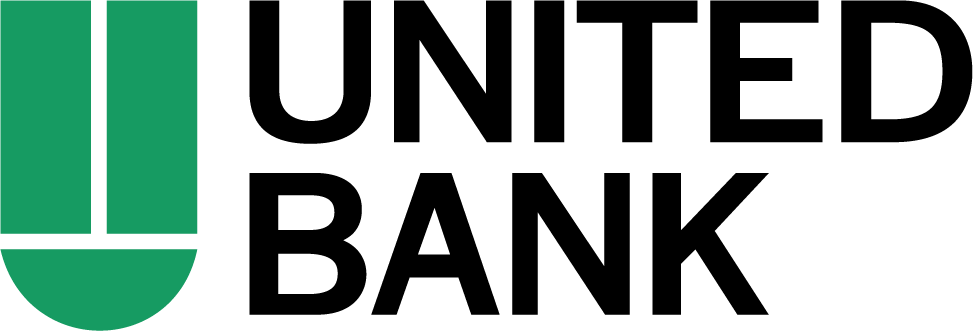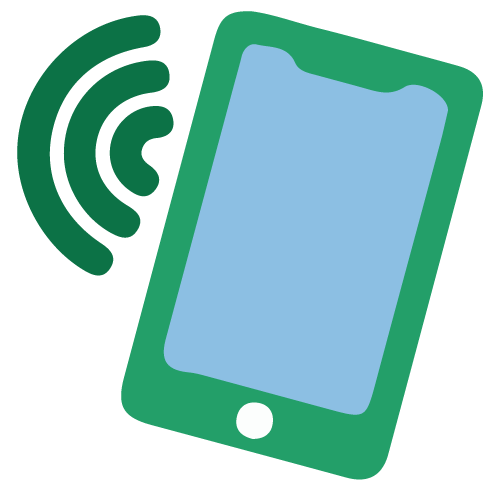Settle for a “typical” retirement? Not you. Whether you’re officially retiring or want to wind down more gradually, now is the time to focus on yourself and your passions. This is a time to set new intentions, define your vision for what’s next and pursue something you love.
Perhaps it’s moving from full time to consultant — on your own terms. Or it’s a hobby you’ve always wanted to do as a “second career” — photography, writing, cooking, traveling or crafting.
Whether it’s a complete reinvention or capitalizing on your existing skillset, monetize your passion by starting a small business.





